Often our own worst enemy to making money in the stock market looks at us in the mirror each morning. We do things we know we should not — for example, hold onto a stock that we know we should sell, hoping it will come back to even — because emotions get in the way of rational decision-making. It is time to take control of our emotions, logically evaluate positions, and make decision accordingly. It is time to stop playing around and time to get serious about investing.
Learn to Invest
(Note, if you click on a link in this post and buy something from Amazon (even if you buy something different from where the link takes you), The Small Investor will receive a small commission from your purchase. This costs you nothing extra and is the way that we at The Small Investor are repaid for our hard work, bringing you this great content. It is a win-win for both of us since it keeps great advice coming to you (for free) and helps put food on the table for us. If you don’t want to buy something from Amazon or buy a book, how about at least telling your friends and family about our website as a great place to learn about investing and personal finance. Thanks!)

A strategy that has been created by this wishy-washy behavior is the use of a stop-loss order for positions that have done well. (Learn more about investing and stop loss orders here.)
We’ve bought a stock that has done well, maybe climbing by 100% in a year’s time span. We look at the potential for continued gains but it seems like the stock has “gotten ahead of itself.” It would take three years for earnings to catch up with the current stock price.
Looking at the situation logically, one would sell the position. Even though this blog advises holding stocks for long periods of time, if a stock has gone up so far that the return for the next three years will likely be flat, it is time to sell. But because we think maybe the market will continue to push the stock up, we don’t want to sell out. We don’t want to be kicking ourselves after it goes up another 10%. (This is where the Wall Street axiom “Bulls make money, Bears make money, but Pigs get slaughtered” comes from).
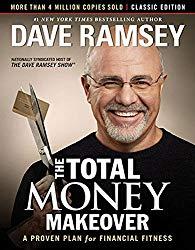
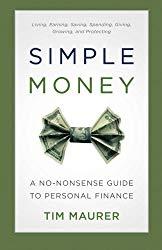
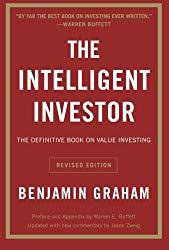
Shop Personal Finance and Business Books
So instead, we put in a stop-loss order a few dollars below the current price. We say, “If the stock begins to drop, the stop order will sell the shares for me and keep me from giving back my profit. If it continues to rise, I’ll just keep moving the stop price up and safely pocket the difference.” What we are really doing is being indecisive – avoiding the decision to sell and allowing the fates of the stock price movements to make the decision for us.
So what happens? Nine times out of ten the stock price will fall down to the stop-loss price and sell the shares. In doing so, we will be giving up a few dollars worth of price. If we had just sold the shares instead of playing games, we would be a few hundred dollars richer.



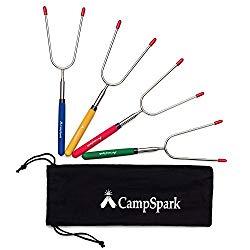

Shop for camping and hiking supplies
So, be a man (or a woman) and make decisions. Great investors are logical and emotionless. This isn’t about saving face or creating great stories for your cocktail parties. This is about growing wealth and gaining freedom. Take control.
Want to get started in investing, but not ready to pick individual stocks? Index fund investing takes very little time and is more profitable than individual stock investing done poorly. A great book explaining all of the ins-and-outs of index mutual fund investing is The Bogleheads’ Guide to Investing
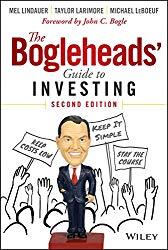
If you want to learn about individual stock investing, SmallIvy Book of Investing: Book 1: Investing to Become Wealthy

Have a good job but don’t seem to have money to invest? You need to learn how to take control of your cash flow and free up funds for investing. FIREd by Fifty: How to Create the Cash Flow You Need to Retire Early gives all of the details on how you can build a cash flow plan and free up money to build wealth.
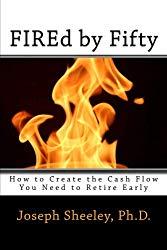
Have a burning investing question you’d like answered? Please send to [email protected] or leave in a comment.
Follow on Twitter to get news about new articles. @SmallIvy_SI
Disclaimer: This blog is not meant to give financial planning or tax advice. It gives general information on investment strategy, picking stocks, and generally managing money to build wealth. It is not a solicitation to buy or sell stocks or any security. Financial planning advice should be sought from a certified financial planner, which the author is not. Tax advice should be sought from a CPA. All investments involve risk and the reader as urged to consider risks carefully and seek the advice of experts if needed before investing.
